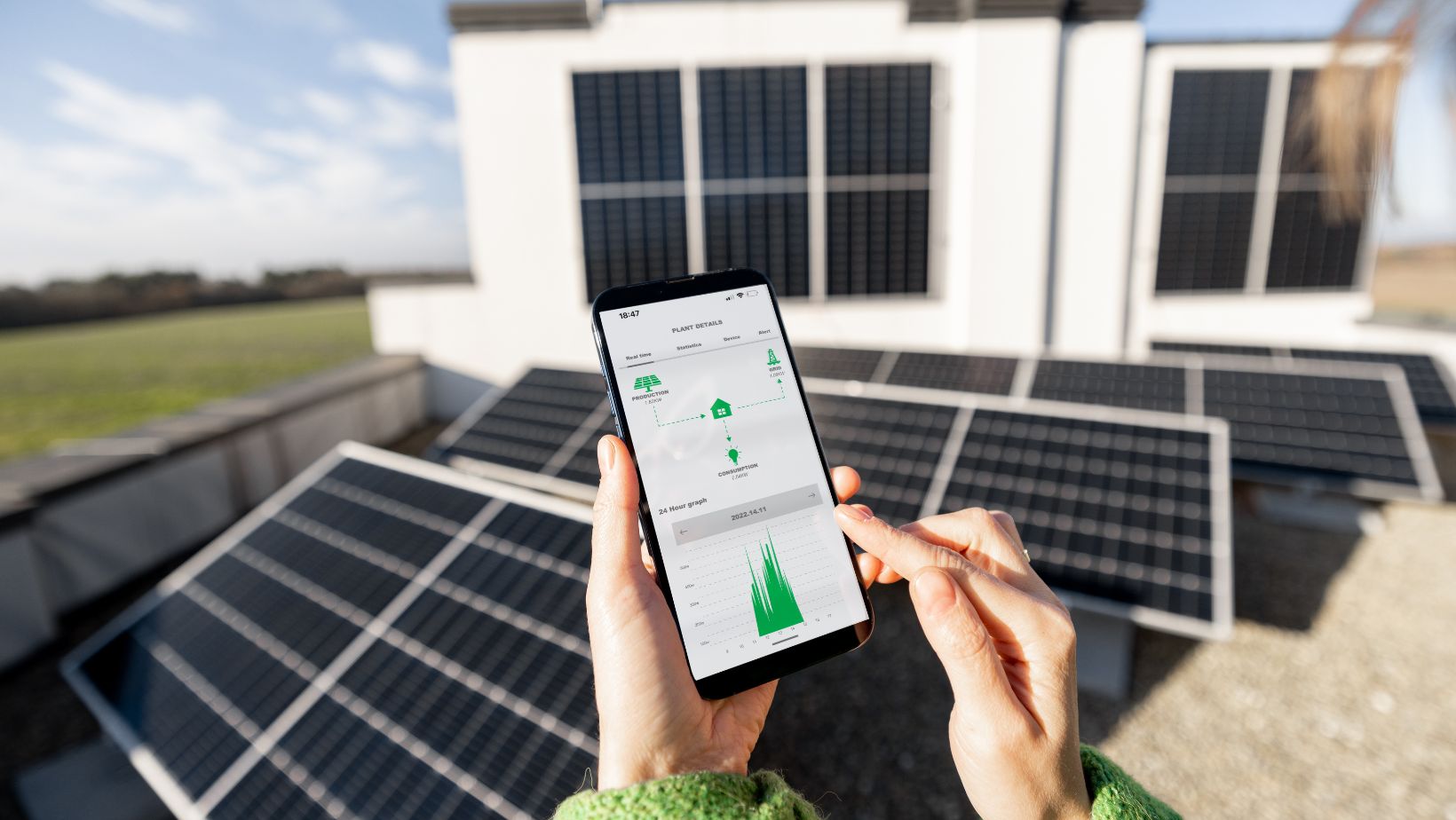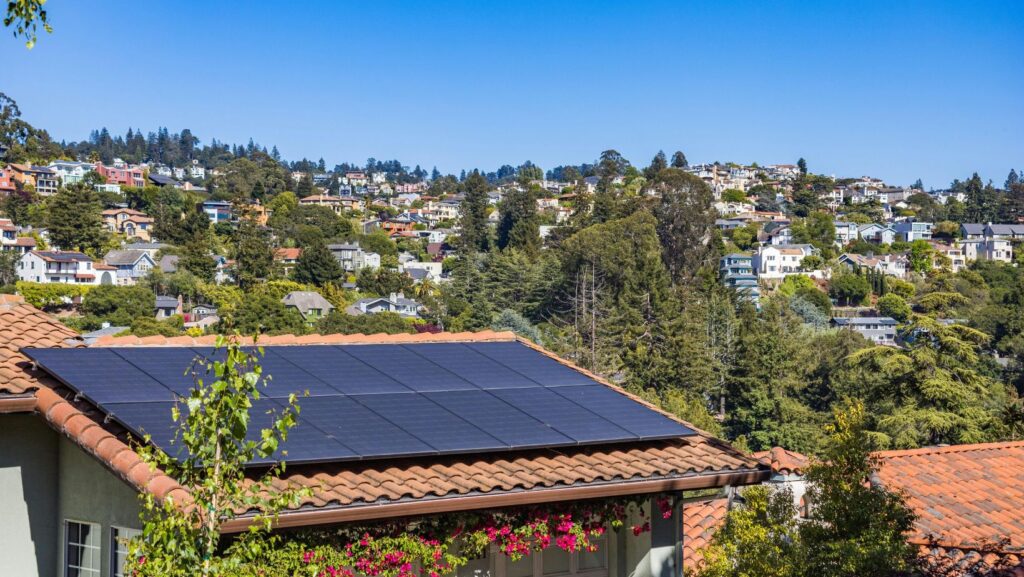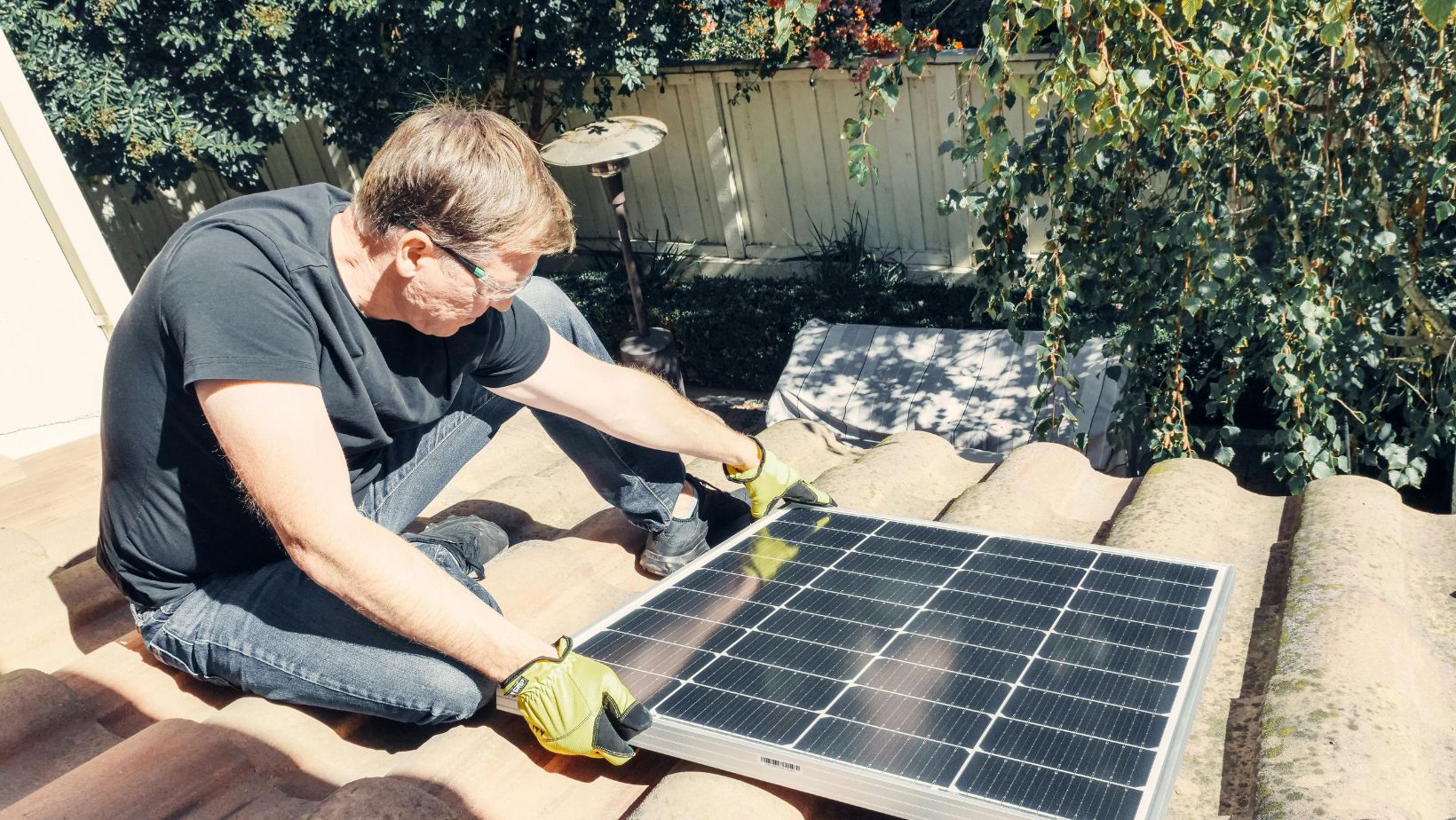Managing energy costs is a significant challenge for many families. The constant use of electronics, appliances, and lighting can strain your budget and time.
With rising electricity prices and increasing demand, finding efficient ways to power your home has never been more critical. Solar power offers a practical solution.
Discover how integrating solar power into your home can streamline energy management, cut expenses, and create a more sustainable future for your family.
Powering Family Life
Managing a bustling household requires effective energy solutions to keep everything running smoothly.
For instance, maintaining a comfortable home temperature is important, especially with young children. Frequent use of heating in winter and air conditioning in summer significantly increases energy consumption.
Similarly, a growing family means more laundry and dishes, with washers and dryers working overtime, consuming large amounts of electricity.
Lighting also plays an important role. Bright, well-lit spaces are essential for safety and daily activities, leading to constant energy use in multiple rooms.
Modern families are surrounded by electronic devices—TVs, laptops, tablets, and more—that are used almost continuously, significantly increasing energy consumption.
Transform your home by switching to solar energy. Power your home with solar to reduce dependence on traditional electricity and lower utility bills.
Solar Power Benefits
Solar power uses sunlight to generate electricity, converting photons into energy through solar panels.
Solar power is also a clean and renewable resource. While there are some minor environmental considerations during manufacturing, the overall impact is significantly lower than that of traditional energy sources.
Solar power can dramatically reduce your monthly electricity bills. These savings can be redirected towards other essential needs, easing the financial burden on your household.
Relying on solar energy gives you more control over your home’s power supply. This autonomy is especially beneficial during grid outages or peak demand periods when electricity costs soar.
Teaching your children about renewable energy fosters a culture of sustainability and inspires future generations to value and protect the planet.
Expert Tip: Install a solar energy monitoring system to track your solar panels’ performance in real time.
Bring Solar Home
Assess Your Home’s Solar Potential
Before diving into solar energy, evaluate your home’s suitability for solar panels. Key factors to consider include the orientation and size of your roof and any potential shading from nearby trees or buildings.
A south-facing roof with ample space and minimal shading offers the best scenario for solar energy production. However, don’t rule out your options if your roof isn’t perfectly south-facing.
Consulting a solar installer can help you assess your situation and determine the best way to maximize your solar potential.
Understand Local Regulations and Incentives
Navigating local regulations is important when planning to install solar panels. Building codes, zoning laws, and homeowner association rules can affect your installation.
It’s also essential to research any incentives or rebates offered by local governments or utilities, which can significantly reduce the upfront costs of going solar.
Understanding these regulations and incentives will help you make informed decisions and save on installation expenses.
Calculate the Costs and Savings
Installing solar panels involves initial costs, but the long-term savings on electricity bills can be substantial. Start by getting quotes from reputable solar installers to understand the financial investment required.
Compare financing options, such as purchasing outright, leasing, or solar loans. Analyze how the reduced energy bills will offset these costs over time, often leading to significant savings in the long run.
Navigate the Installation Process
Once you decide to power your home with solar, the installation process typically starts with a detailed site assessment by a professional solar installer.
They will design a system tailored to your home’s needs and ensure it meets all regulatory requirements.

The installation involves mounting the panels, connecting them to your home’s electrical system, and setting up monitoring systems to track energy production.
Working with experienced professionals ensures a smooth and efficient installation process, minimizing disruptions to your daily life.
Following these steps, you can successfully integrate solar energy into your home, providing reliable, cost-effective, and sustainable power for your family.
Expert Tip: Regularly clean your solar panels and check for any obstructions like snow or debris, especially after seasonal changes, to ensure they operate at peak efficiency year-round.
Empower Your Family
Embracing solar power can transform your household, making it more efficient and sustainable. By reducing energy costs and setting an example of environmental responsibility, you empower your family to thrive.
Start your energy independence and sustainability journey, and enjoy the lasting benefits for years to come.

